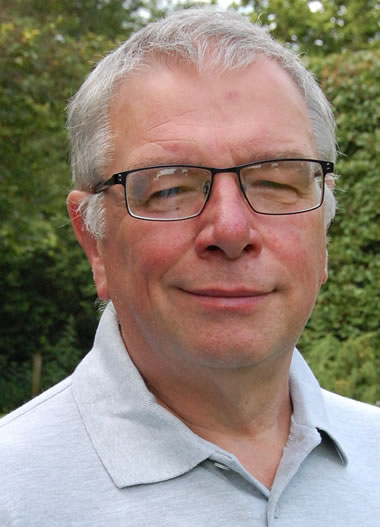Realistic goal setting Part 2 By Iain Wilson
7th September 2020“The journey of ten thousand miles begins with the first step” – Lao Tse
What do I want to achieve?
In order to work toward your goal, you have to define what your goal is.
There are two types of goal to work toward – process and outcome goals.
A process goal can be technique or equipment – related. It is something over which you have control.
An outcome goal is, say, winning a tournament. Outcome goals do not solely depend on you – they depend on what you do and what other people do.
So, we need to go from a cunning plan to a SMART(ER) plan.
For the plan to succeed, it has to be :
Specific
Measurable
Achievable
Realistic
Timed
Exciting
Recorded
Specific – What is it you want to do?
For example “I want to execute my shot using correct back tension”
Measurable – Is there some result that would show that you are making progress toward your goal?
For example – the position of your drawing shoulder blade?
Achievable – Am I able to do it? Can I get my body to do what it should be doing?
Realistic – I can’t be the 2020 Olympic Champion, because the Olympic Games have been pushed back to 2021. However, I could work on a plan which looks toward the 2024 Olympics.
Timed – You have to put a time on it, so you know whether your goal is achievable or not, and make adjustments to your plan based on the timings.Sometimes part of a plan can be pulled forward, because something has been completed ahead of schedule, sometimes plans have to be moved back, because of a delay.
Exciting – is this something I really, really want to do with all my heart and soul?
Recorded – write it down. Keep track of your steps along the way.
The long-term goal is the destination you want to reach.
As with any journey, you have to plan out the stages you need to reach along the way. Like you would do on any journey, you have to plan for points on the way, for say, refreshments or fuel. These are the medium term goals. Before you start out on the journey, you need to plan the things that you need to do to reach the first way point, so in the short term, you would work out how much fuel you need to get to the next way point, what you need to have in the car before you set off and so on, always keeping an eye on what is needed for the next section of the journey..
Each of your short-term goals works toward the medium-term goals, which in themselves work toward the main goal. Eventually your long-term goal will become a short-term goal.




 I started archery in 1971, in Aberdeen. Experience is not limited to Scotland, as I have shot with clubs in England (6 years in SCAS), France (1 year) and Germany (6 months).
I started archery in 1971, in Aberdeen. Experience is not limited to Scotland, as I have shot with clubs in England (6 years in SCAS), France (1 year) and Germany (6 months).

